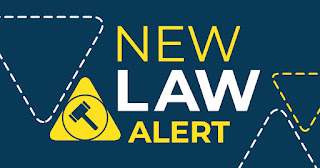On May 28, 2020, Governor Cuomo signed Executive Order 202.34, which authorized business operators and building owners to exercise their own discretion in denying entry to individuals who fail to comply with Executive Order 202.17 requiring face-coverings when in a public place.
Specifically, EO 202.34 allows business operators and building owners to use their discretion in denying entry and requiring or compelling removal of persons not wearing a face-covering, unless they are under the age of two or are not able to medically tolerate it as per EO 202.17. More importantly, EO 202.34 exempts such business operators and building owners from a claim of violation of the covenant of quiet enjoyment or frustration of purpose. However, the directive must still adhere to the Americans with Disabilities Act or any provision of either New York State or New York City Human Rights Law, or any other provision of law.
While businesses and building owners can now restrict entry, they should contact counsel to create a policy that ensures compliance with the anti-discrimination laws and mitigate exposure to discrimination claims.
Specifically, EO 202.34 allows business operators and building owners to use their discretion in denying entry and requiring or compelling removal of persons not wearing a face-covering, unless they are under the age of two or are not able to medically tolerate it as per EO 202.17. More importantly, EO 202.34 exempts such business operators and building owners from a claim of violation of the covenant of quiet enjoyment or frustration of purpose. However, the directive must still adhere to the Americans with Disabilities Act or any provision of either New York State or New York City Human Rights Law, or any other provision of law.
While businesses and building owners can now restrict entry, they should contact counsel to create a policy that ensures compliance with the anti-discrimination laws and mitigate exposure to discrimination claims.





















